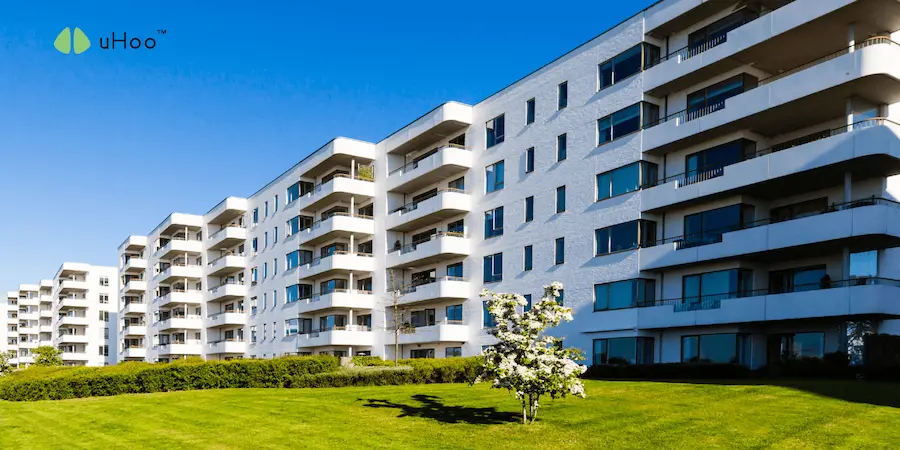The real estate landscape is undergoing a significant transformation driven by a growing global emphasis on sustainability. Green certification, a hallmark of environmentally responsible construction and operation, is emerging as a key factor influencing property value.
Why Green Certification Matters
Green certification, such as LEED, BREEAM, or WELL, signifies a property’s commitment to environmental sustainability, energy efficiency, and occupant health and well-being. Properties with these certifications often command higher property values and rental rates. This is due to a variety of factors:
- Reduced Operating Costs: Green buildings are designed to minimize energy consumption, leading to lower utility bills. Energy-efficient systems and appliances, combined with water-saving fixtures, contribute to significant cost savings over time.
- Enhanced Property Value: Green-certified properties are seen as attractive long-term investments. They often command premium prices and higher rental rates, particularly among environmentally conscious buyers and tenants.
- Improved Tenant Health and Productivity: Green buildings prioritize indoor air quality, natural light, and ventilation, leading to healthier and more productive occupants. Studies have shown that employees in green buildings experience fewer health issues and increased job satisfaction.
- Positive Public Image and Brand Reputation: Green certification enhances a property’s brand reputation and attracts environmentally conscious businesses and tenants.
The Role of Technology in Green Certification
Technology plays a crucial role in achieving and maintaining green certification. Devices like uHoo air quality monitors can help property owners track indoor air quality, identify potential issues, and take corrective actions to improve the building’s environmental performance. By using such technology, property owners can:
- Optimize Energy Efficiency: Identify areas of energy waste and implement strategies to reduce consumption.
- Enhance Indoor Air Quality: Monitor and improve indoor air quality to create healthier and more productive spaces.
- Reduce Carbon Footprint: Contribute to a more sustainable future by minimizing the building’s environmental impact.
As the demand for sustainable real estate continues to grow, green certification is becoming a key differentiator. By embracing green building practices and leveraging innovative technologies, property owners can not only enhance the value of their assets but also contribute to a more sustainable future.

